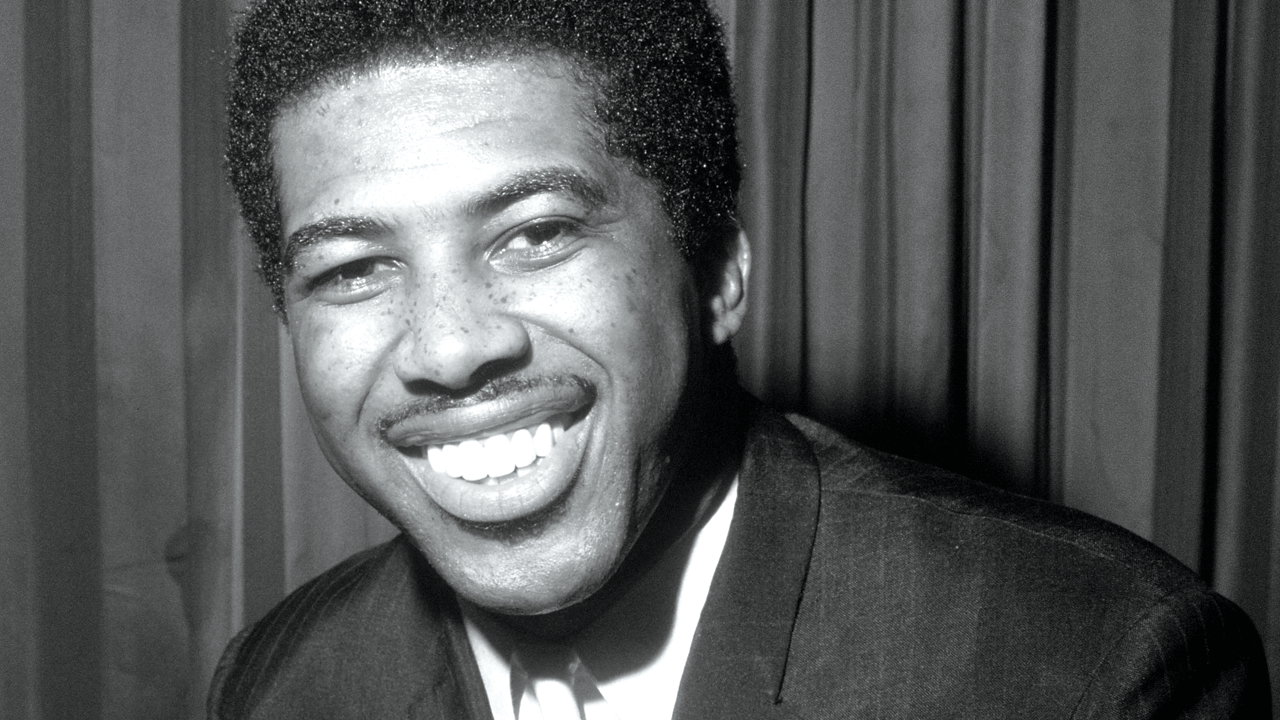BEN E KING, who died aged 76 from coronary problems on April 30, had a magnificent voice, one framed by a gospel grit and southern expression but capable of the most sentimental emotion. He’ll be forever remembered for his two solo hits, Spanish Harlem and Stand By Me, which helped usher in a new era of soul music, one that placed rootsy R&B in a sophisticated pop setting.
When issued in 1961, the first, written by Jerry Leiber and Phil Spector and produced by Leiber and Stoller, made the US pop Top 10 and US R&B Top 20 and became a blueprint for Spector’s Wall Of Sound; the second, a secular rewrite of the hymn Lord Stand By Me by King with Leiber and Stoller, hit the US R&B No.1 spot and pop No.4 and was an influence on Berry Gordy, paving the way for the Motown sound./o:p
Born Benjamin Earl Nelson in Henderson, North Carolina on September 28, 1938, but raised in Harlem, New York from 1947, King started out in church and on the street corner singing doo wop with The Four Bs, who were a popular draw at the Apollo theatre’s amateur night. With his next group, The Five Crowns, he perfected his baritone at the Apollo, and when their more famous contemporaries The Drifters lost their lead singer Clyde McPhatter, their manager George Treadwell sacked the rest of the band and hired The Five Crowns in their place. The Drifters, with King on lead, hit immediately with their 1959 debut, There Goes My Baby. Penned by King with Leiber and Stoller, it’s widely acknowledged as the first soul song to use a string section and began a series of hits for the group that included This Magic Moment, Save The Last Dance For Me and I Count The Tears.
In 1960 King left the Drifters, his first two solo singles flopped, then came the tidal wave of Spanish Harlem and Stand By Me. 1962’s Don’t Play That Song (You Lied) also hit, peaking at No.2 in the R&B chart and pop Top 20. Authored by Atlantic founder Ahmet Ertegun and Betty Nelson, King’s wife, it hit the US R&B top spot, remaining there for five weeks when covered by Aretha Franklin in 1970. Franklin also covered Spanish Harlem in 1971, the song reaching the US R&B top spot again.
King would himself return to the US R&B No.1 spot with 1975 single Supernatural Thing Part 1. Produced by arranger Bert De Coteaux and former Main Ingredient member Tony Silvester, and penned by Pat Grant and Gwen Guthrie, best known for her 1986 hit Ain’t Nothin’ Goin’ On But The Rent, it aligned King to the funk revolution and also made the pop Top 5.
While King managed to stay on top of the changing musical trends of the 60s and 70s, towards the end of the decade working with The Average White Band, he came unstuck in the 80s. When Stand By Me appeared on the soundtrack to the hugely successful Rob Reiner-directed film of the same name in 1986, then in a UK Levi’s commercial in 1988, however, his career received a boost with the reissued single yielding him his first and only UK No.1. In the 90s, he expanded his repertoire to include jazz, recording 1993’s Shades Of Blue with Milt Jackson and David “Fathead” Newman, while his swansong, 2010’s Heart & Soul, teamed him with a small jazz combo on a series of standards.
The previous year he had been inducted into the North Carolina Music Hall Of Fame, while in 2012 Stand By Me received the Songwriters Hall Of Fame’s Towering Song Award and King the Towering Performance Award for his recording of it.
